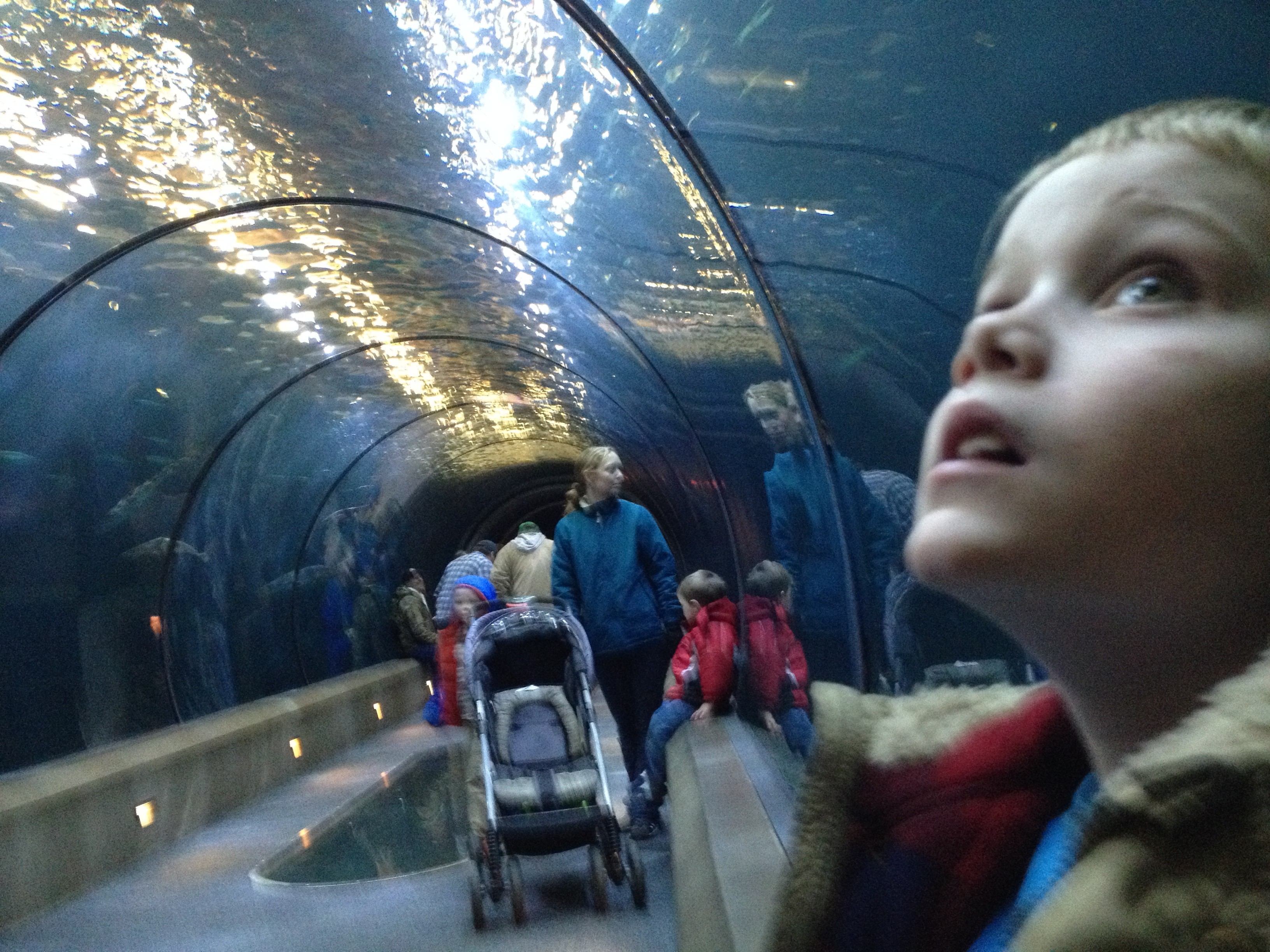Regression and Renaissance
Back when “Early intervention” was a new term and a thin hope for us, I used to drive my son to school every afternoon. We were lucky to get him in the program. He was four years old. Just months removed from his diagnosis, and two years from the initial regression that took away his words and all but severed our connection with him.
Those afternoons were great for sleepwalking. I would drop him off, choke back my new reality, and zombie over to a coffee shop where I would open my laptop and medicate myself with work and sports talk to avoid daydreaming.
Four o’clock would come and I would retrieve him from class with a numb, vague idea that he might have learned something he would remember tomorrow.
The regressions had kept coming back, you see. We would hear a new sentence. A new skill. A new glimmer. But the next day? Gone.
“I swear, he was doing it last night!” we would insist to his teachers.
The mystery of those regressions had been hanging in our minds and our stomachs for weeks. Everyone was concerned. The tests had been extensive and traumatic. My poor wife, trying to keep him asleep for hours while they tested for absence seizures…
Everything came back negative.
Then came the worst day. On this afternoon, I found a parking space out front. There was a big silver handicap button for the door that Jack always loved to push when I dropped him off. I avoided the button and pulled the door open instead. My personal rebellion.
A few moms were waiting outside the classroom gate. Inside, I saw Jack with his teacher. She looked apprehensive. We walked a few steps out of earshot from the moms, and she delivered her tentative conclusion about the regressions.
“We think he might be mentally retarded,” she said in a kind voice.
I died a little more at her words.
I thanked her and mumbled something about how we’d wondered about that, and no we were not offended, and thank you again, we’ll be fine.
I wept like a baby the whole way home. It is a wonder I stayed on the road.
That was my worst day. I have almost never spoken about it.
It wasn’t a diagnosis, first of all. It was a concern, and a well founded one. A theory that seemed to fit the facts, but was far from conclusive. And this is how Jack’s teacher presented it. She was professional, insightful, and sensitive, and we loved her for it.
Secondly, I know the term has since been replaced by gentler ones. I am thankful. Remember, this conversation happened several years ago, and in context, it was not offensive. We knew what she meant.
Still, the words stung. The possibility stung.
Sara and I didn’t talk about the theory much, though I think she dismissed it almost out of hand. She inherited the faith of her late father, I think. Forget moving mountains; that man could move entire mountain ranges with his faith. And true to form, his daughter held on to her small, almost imperceptive observations of Jack’s growth that I suspected were pure denial.
I tried to prepare myself for the grim possibility that Jack’s condition might go beyond autism. That he might not be able to learn. But everywhere in the autism community, I saw statements like, “Autistic people are NOT disabled!” And of course, it’s true. Autism and “cognitive disabilities” are completely different. And yes, I know that many, many autistic people are not only verbal and accomplished in most areas of life, they are often brilliant. And yes, yes, yes, I know: “different, not less.”
But what about the times there actually is a “retardation” (I use the term in the literal sense) that makes progress all but impossible? What if there is a permanently disabled brain that will not ever latch onto information or make relational connections?
In those instances, I fear that the insistence on a strict differentiation becomes a slap in the face of those dealing with cognitive impairments. It feels to me like we’re molding a new kind of caste system in the special needs community. And there is no doubt which class is at the bottom.
And I thought, that could be my son you’re trying to keep your distance from! And even despite my own lingering depression–the great failure of that season of my life–I knew his value has never been based on his abilities or his possible disabilities. Jackson’s value, like all of ours, is inherent. God-given. Soulborn.
Four years it’s been, and I’m learning to daydream again, little by little.
Part of that is my own spiritual journey. The other part is my son’s personal Renaissance.
First came “Jack and Daddy.” Then came a video sent home from school a few weeks ago. Jack was answering his teacher’s questions in the clip. Giving his address. The names of his brothers and sisters. The name of the school. He has never done any of this before. Ever.
Then, last week, he gave me an unsolicited hug and an “I wuv you, Daddy.”
And finally, this morning, while he answered all those same questions for my parents via my iPhone with clarity and certainty, it all crystalized for me:
My son is learning. He is growing. And I am finally believing.
I am believing that there really is a treasure trove of skills and knowledge inside him that can be unlocked. That he knows our affection. That he knows we love him.
I am believing that his mind is not, in fact, stuck.
This is why I’m revisiting that afternoon. I need to put the incident to bed. Because I made a decision on that day to hope for less, and Jack is currently waging a campaign against that decision. By my oath, the boy is relentless.
And today, I am choosing to surrender.


